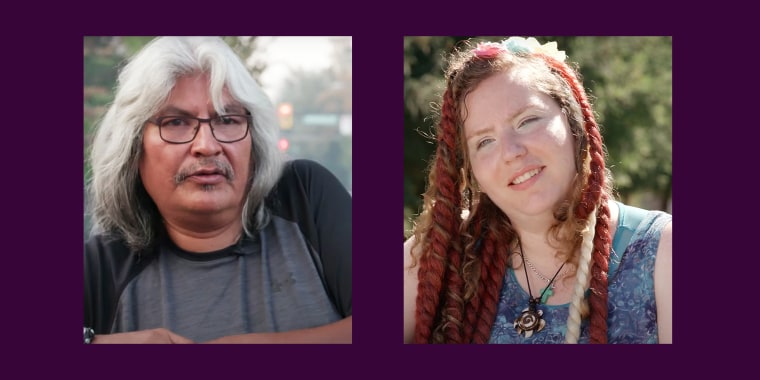A nonprofit organization led a study that explores what might happen if people who are homeless are given financial support and the results may surprise you.
Foundations for Social Change, a Canadian charitable organization based in Vancouver, British Columbia, teamed up with the University of British Columbia for a social program, called the New Leaf Project. Researchers gave 7,500 Canadian dollars (approximately $5,717.27) via direct transfer to 50 people who had recently become homeless. The people were free to use the money as they saw fit with no restrictions.
To the surprise of the researchers, most of the recipients used the cash to turn their lives around. "Preliminary results show that on average, those receiving the direct cash payment moved into stable housing faster, maintained a level of financial security and stability over 12 months of follow-up, and increased their spending on food, clothing and rent," said Foundations for Social Change in a press release Tuesday.
Watch TODAY All Day! Get the best news, information and inspiration from TODAY, all day long.
"By empowering individuals to meet their own needs and move into housing faster, the 50 cash transfer recipients freed up space in shelters and saved the shelter system $8,100 (Canadian dollars) per person over the course of the year (for a total savings of $405,000)."
The results fly in the face of what many of us believe about people who are homeless — that if given money, they will spend it on alcohol and drugs.
Dr. Jiaying Zhao, the principal investigator of the study and a professor at UBC, told TODAY that she hopes the study will change perspectives and influence government policies. Zhao said she was approached by Claire Williams, the CEO of Foundations for Social Change, in 2016 about the unique project that would focus on direct giving.
"I had been looking at poverty reduction for a while," said Zhao. "We came up with this approach: if the money were unconditional, would it reduce homelessness in Vancouver?"
The study marked the first time a cash lump sum was used in such a manner. Zhao explained that the amount was chosen because it's the total of an annual welfare check in Vancouver.
"That’s how we decided on the number," she said. "We want to change policy going forward and get better support for people who enter homelessness."
The study told the recipients it was up to them how to spend the cash.
"We followed the people for a year," she said. "The results are surprising. I did not expect people could move out of the shelter that quickly. I didn't expect the improvements in food security. These are encouraging results."
Zhao said that when it comes to people who are homeless, the focus is often on stereotypes. "The common assumption is they’ll use it on alcohol and drugs," she said. "And we actually saw a 39 percent reduction in spending in those areas. That was super encouraging to see."
Even more exciting was that some of people who were homeless who received the cash used it to start their own businesses.
"They were extremely entrepreneurial," said Zhao. "There was also positive spillover to their children and families."
The study followed 115 homeless people, 50 of whom were given the lump sum, while the remaining 65 people were the control group. Participants all had to meet certain criteria — they had to be homeless for less than two years, be between the ages of 19 and 64 and have no substance abuse or mental health issues.
One participant, Ray, who was randomly selected to receive the money, said his life was completely changed by the windfall.
"When I found out I had been accepted to receive the cash transfer, I was living in an emergency shelter, trying to find a way forward,” said Ray in a statement. “The money gave me the resources I needed to get out of the shelter and push for the social programs and the computer class I needed. It was an important stepping-stone and it gave me a choice. It gave me a chance.”
Dr. Zhao hopes to see two major changes come out of the study.
"One is policy change. I hope governments in North America will increase support, specifically cash support for the homeless," she said, noting that she doesn't believe everyone should be given the money but that they would need to meet certain criteria in order to receive it.
"The second is public perception," she said. "It's time to change how the public views people who experience homelessness and the many assumptions we have about who they are and what they are like."
CORRECTION (Oct. 14, 11:28 a.m.): An earlier version of this article misstated a quote from Dr. Zhao. It is a 39 percent reduction on spending on alcohol and drugs, not a 49 percent reduction.
